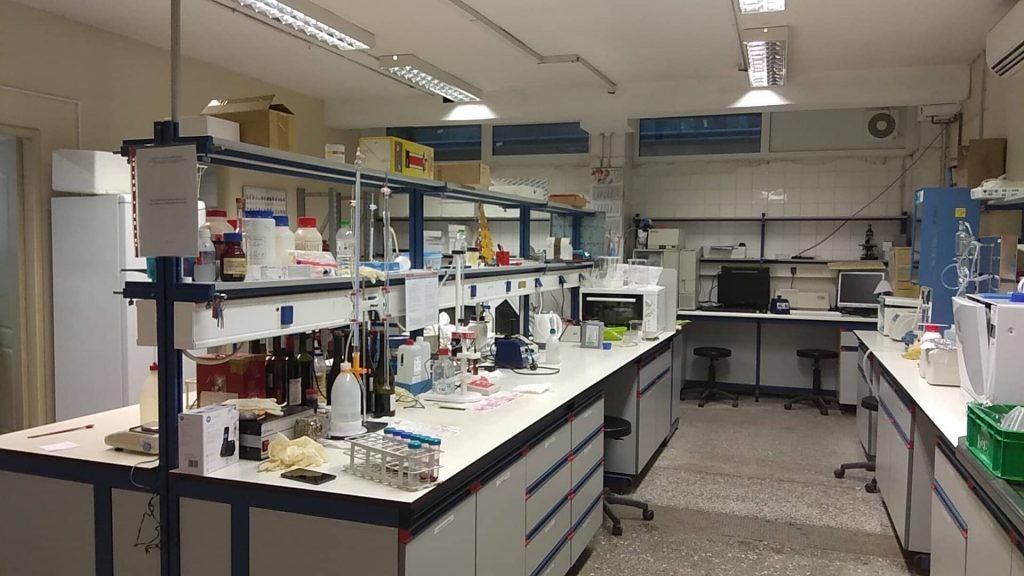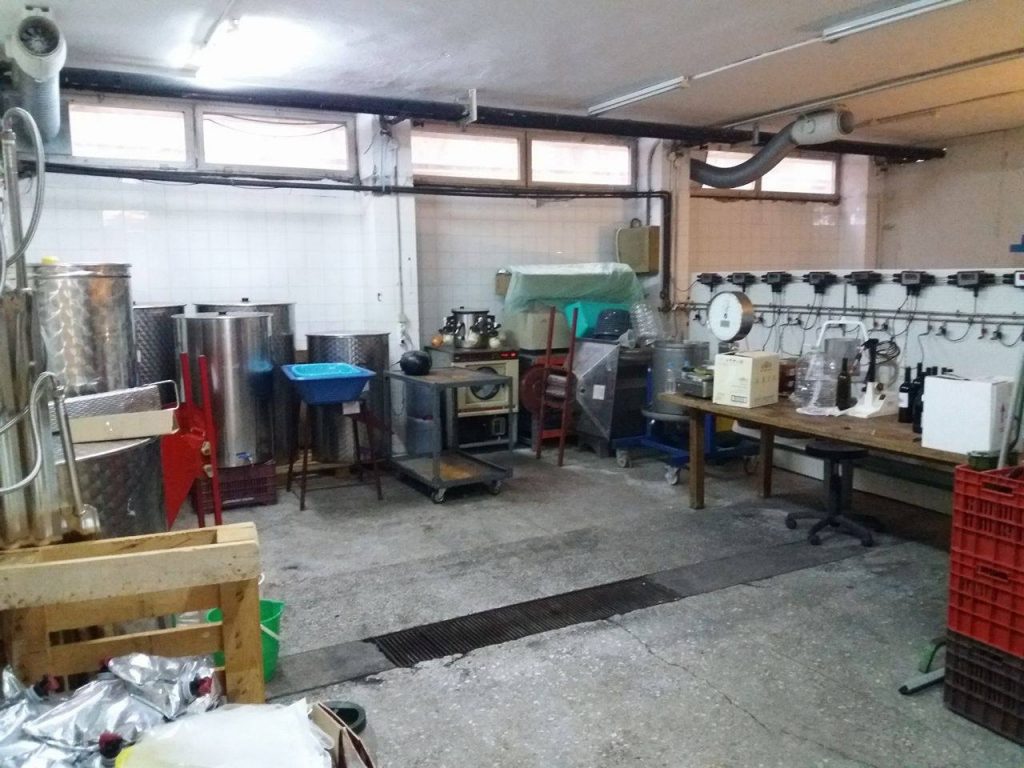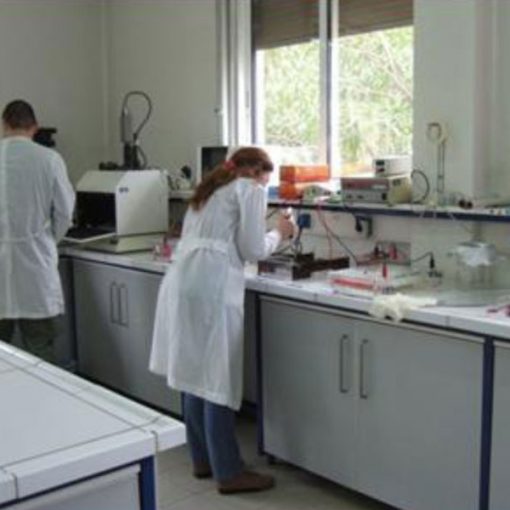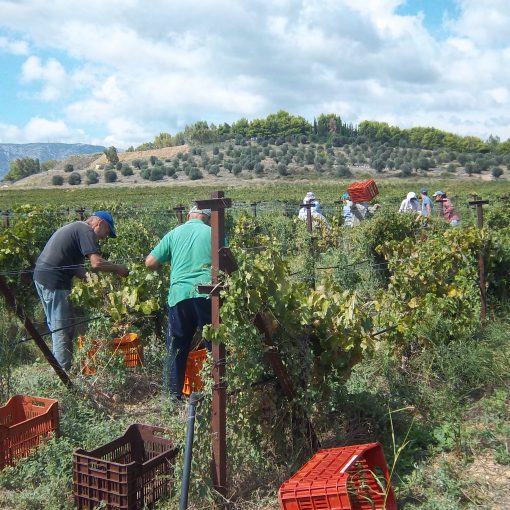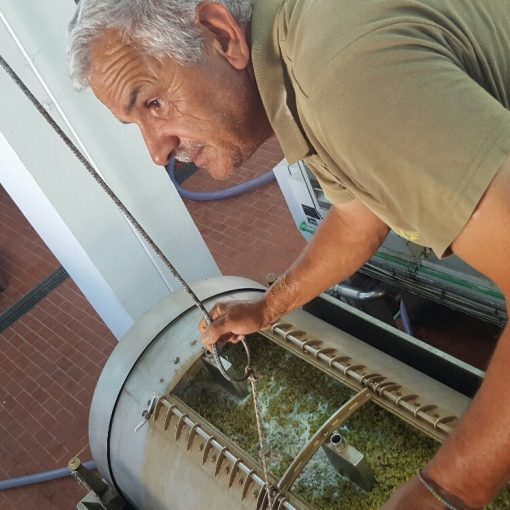The Laboratory of Oenology and Alcoholic Beverages was officially established in June 2015 and fulfills the basic triple obligation of university laboratories that are research, education, and social work.
The priority of the laboratory is to give perspectives and vision to new scientists in Greece by providing adequate knowledge and experience to both undergraduate and postgraduate students. These well-educated and trained scientists are expected to staff wine industry and increase its competitiveness. The second goal is to carry out research related to the potential of Greek native grape varieties to produce high quality wines as well as to promote control over the enological and industrial practices in order to improve wine and spirit quality in Greece.
Τhe laboratory is equipped with adequate research equipment and a sensory analysis room. Moreover, a small pilot plant winery was built in order to train new scientists and to set up experimental winemaking procedures. Collaboration with wineries and companies with oenological products was established since the early beginning of the laboratory and it is still going on. The laboratory is actively involved in the establishment of the wine strategic policy in Greece and represents the A.U.A. in the International Network of Wine Research, OINOVITI INTERNATIONAL, a network that promotes research in the fields of viticulture and Oenology.
CONTACT INFORMATION
IERA ODOS 86, VOTANIKOS, 11855, ATHENS
TEL: +30 210 529 4719
E-mail: oenology@aua.gr
URL: https://www.oenology.aua.gr/
THE CONTRIBUTION OF THE LABORATORY OF OENOLOGY AND ALCOHOLIC BEVERAGES OF AUA TO THE PROJECT
“ Exploitation of new natural microbial flora from Greek origin amenable for the production of high-quality wines ”
The Laboratory of Oenology and Alcoholic Beverages participates in the research project Oenovation as the scientific responsible of the modules 4 and 5.
The Research Module 4 is divided into two main actions. Conducting micro-vinifications using selected white and red wine yeast strains which will be followed by organoleptic evaluation.
Deliverables:
- 4.1.1: Chemical composition of wines (focused on their phenolic and volatile contents which are responsible for the organoleptic character),
- 4.1.2: Selection of the appropriate yeast strains based on their ability to produce wines with improved quality characteristics.
- 4.2: Evaluation of the wines produced using the “selected” yeast strains
The research Module 5 is divided into two main actions. One concerns large-scale vinification and the other market trends research.
Deliverables:
- 5.1.1: Large-scale winemaking
- 5.1.2: Reports
- 5.1.3: Distribution of marketing data
- 5.2.1: Results and analysis of the questionnaires
- 5.2.2: Costs related with the collection, evaluation and use of indigenous yeasts.
